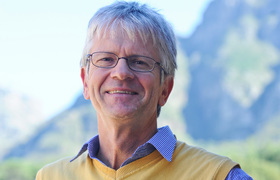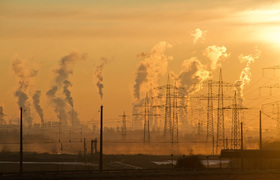Documenting nature’s ‘dangerous decline’
09 May 2019 | Story Carla Bernardo. Read time 4 min.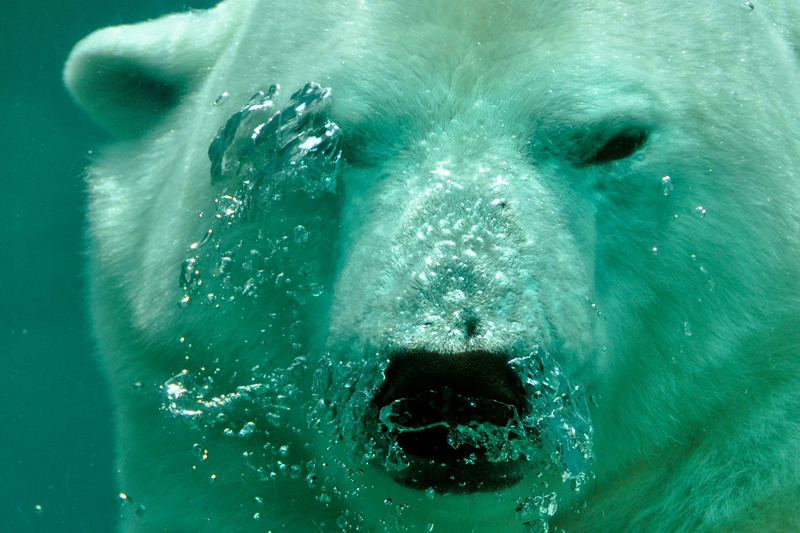
The University of Cape Town’s (UCT) Dr Lynne Shannon is part of a team of expert authors who collaborated to compile an exhaustive report on a global study which warns that humans’ devastating impact on nature leaves one million species at risk of extinction.
On Monday, the United Nations Environment Programme’s Intergovernmental Science-Policy Platform on Biodiversity and Ecosystem Services (IPBES) released the findings of the study, the IPBES Global Assessment Report on Biodiversity and Ecosystem Services.
It issues a critical and urgent warning: Nature is declining globally at rates unprecedented in human history. The rate of species extinction is accelerating, with grave impacts on people around the world now likely.
Among its many shocking findings, the report warns that around one million animal and plant species are threatened with extinction – many within decades, and more than ever before in human history.
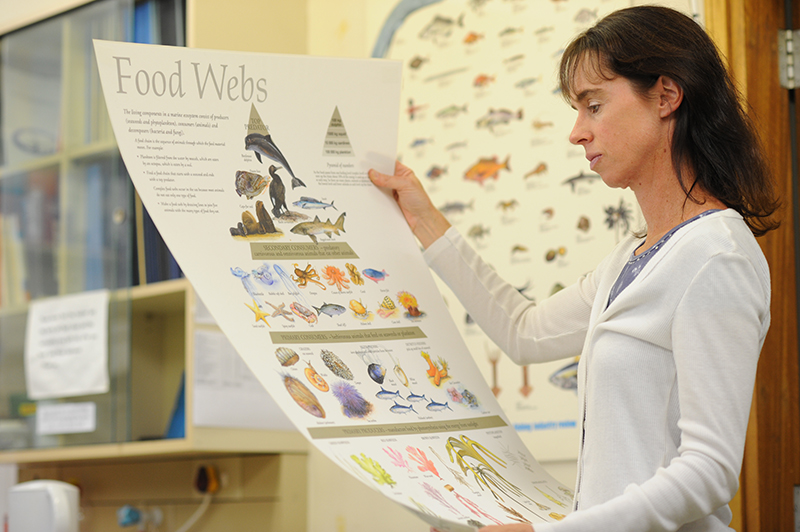
Shannon, a senior researcher at UCT’s Marine Research (MA-RE) Institute, is one of 145 expert authors from 50 countries who joined forces with 310 contributing authors to compile the report.
“Over the past three years, I have had the pleasure and privilege of working with an incredible, hand-picked team of 13 leading scientists,” said Shannon.
These scientists, she said, have expertise in natural, social, economic and indigenous local knowledge fields, spanning the terrestrial, freshwater and the marine environments.
Shannon is a marine ecologist and oceanographer. She co-chairs the Indicator for the Seas working group and was instrumental in the formation of the South African Working Group on Ecosystem Approaches for Fisheries Management.
She was invited to serve as a lead author in 2016, contributing to Chapter 2 of the report, “Status and Trends – Drivers of Change, Nature and Nature’s Contributions to People”.
On the importance of the report, Shannon said it includes “novel and insightful approaches and ways of summarising the current and likely future status and trends of biodiversity and ecosystem services that can be of practical use in taking action to curb the alarming degradation of our natural world”.
“We are eroding the very foundations of our economies, livelihoods, food security, health and quality of life worldwide.”
Ominous picture
In a press release issued on Monday, IPBES chair Sir Robert Watson said the overwhelming evidence presents an ominous picture.
“The health of ecosystems on which we and all other species depend is deteriorating more rapidly than ever. We are eroding the very foundations of our economies, livelihoods, food security, health and quality of life worldwide,” he said.

In the report, the authors rank the five direct drivers of change in nature with the largest relative global impacts so far. These are changes in land and sea use, direct exploitation of organisms, climate change, pollution and invasive alien species.
The resultant devastation includes that the average abundance of native species in most major land-based habitats has fallen by at least 20%, mostly since 1900. If left unchanged, the potential losses include more than 40% of amphibian species, one-third of reef-forming corals and more than a third of all marine mammals.
While the picture is less clear for insect species, the available evidence supports a tentative estimate of 10% under threat. This, in turn, impacts the more than 75% of global food crop types that rely on animal pollination.
Further notable findings from the report were:
- More than a third of the world’s land surface and nearly 75% of freshwater resources are now devoted to crop or livestock production.
- Approximately 60 billion tons of renewable and non-renewable resources are now extracted globally every year – double the 1980 statistic.
- Land degradation has reduced the productivity of 23% of the global land surface.
- 100 – 300 million people are at increased risk of floods and hurricanes because of loss of coastal habitats and protection.
- Plastic pollution has increased tenfold since 1980.
- 300 – 400 million tons of heavy metals, solvents, toxic sludge and other wastes from industrial facilities are dumped annually into the world’s waters.
- Fertilisers entering coastal ecosystems have produced more than 400 ocean “dead zones”, totalling a combined area greater than that of the United Kingdom.
“Transformative change means a fundamental, system-wide reorganisation across technological, economic and social factors.”
Transformative change
While the findings are damning, there is a silver lining: It’s not too late to make a difference.
If at every level, from local to global, immediate work begins for “transformative change”, nature can still be conserved, restored and used sustainably. This is also key to meeting most other global goals.
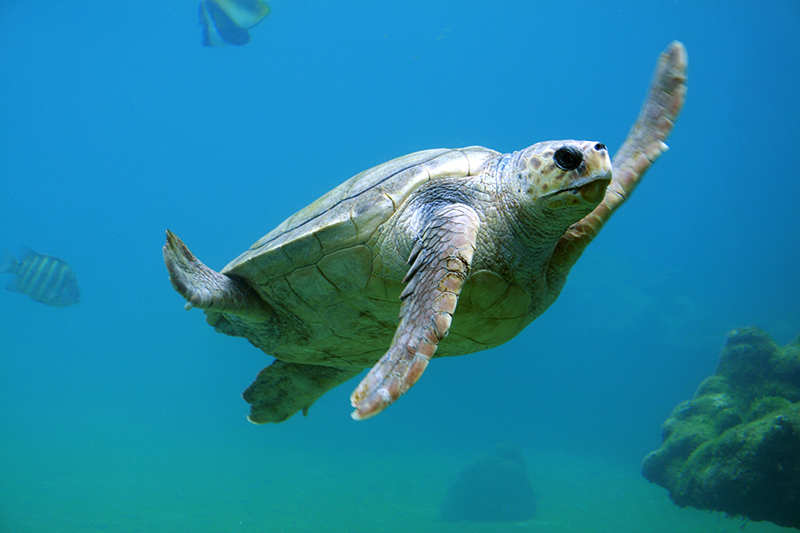
Watson explained that transformative change means “a fundamental, system-wide reorganisation across technological, economic and social factors, including paradigms, goals and values”.
The report presents a wide range of actions for achieving transformative change. These include “adopting integrated management and cross-sectoral approaches that take into account the trade-offs of food and energy production, infrastructure, freshwater and coastal management, and biodiversity conservation”.
According to the press release, another key element of more sustainable future policies is the evolution of global financial and economic systems. This must “build a global sustainable economy, steering away from the current limited paradigm of economic growth”.
The IPBES plenary member states are aware and have acknowledged that this transformative change can expect opposition from those with interests vested in the status quo.
“But ... such opposition can be overcome for the broader public good,” said Watson.
 This work is licensed under a Creative Commons Attribution-NoDerivatives 4.0 International License.
This work is licensed under a Creative Commons Attribution-NoDerivatives 4.0 International License.
Please view the republishing articles page for more information.








